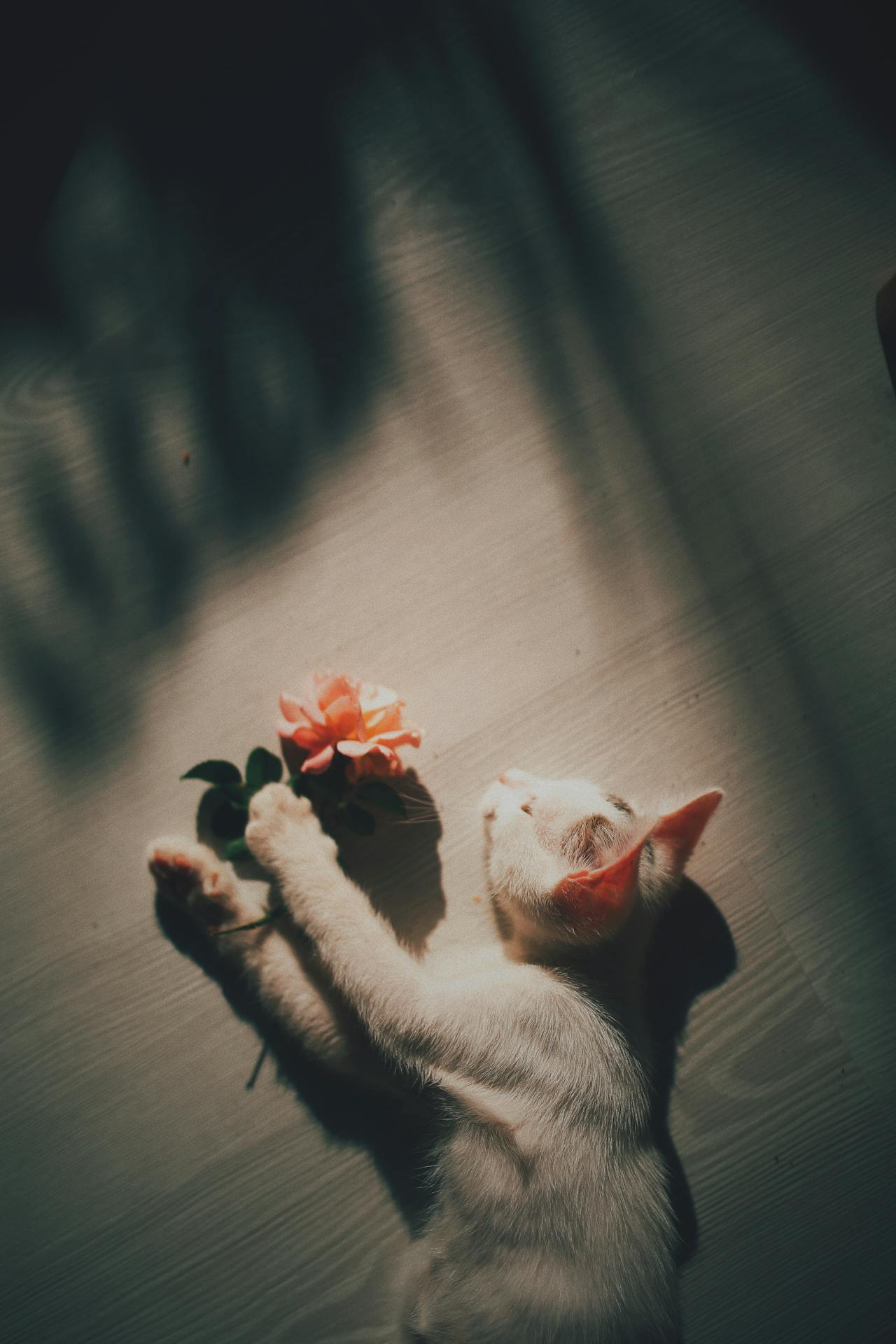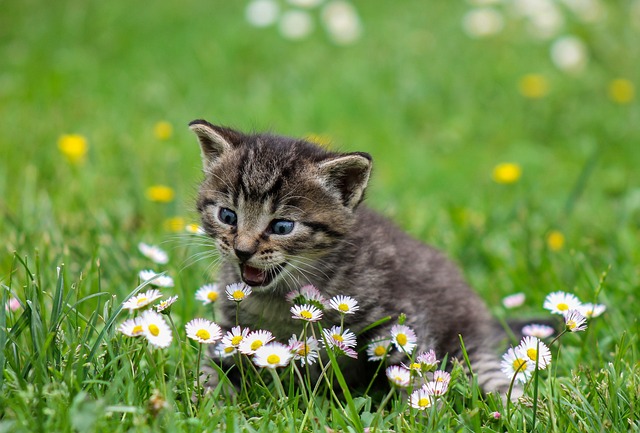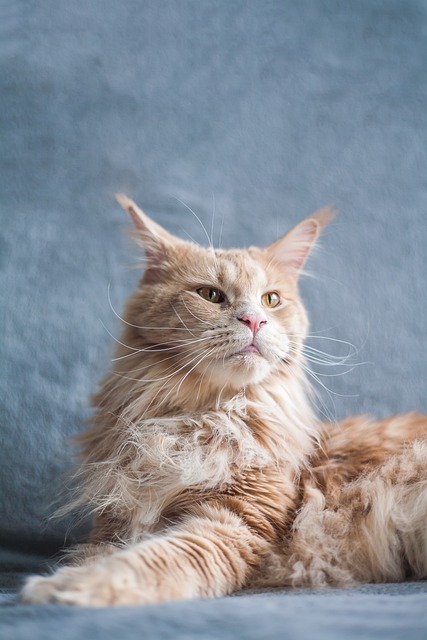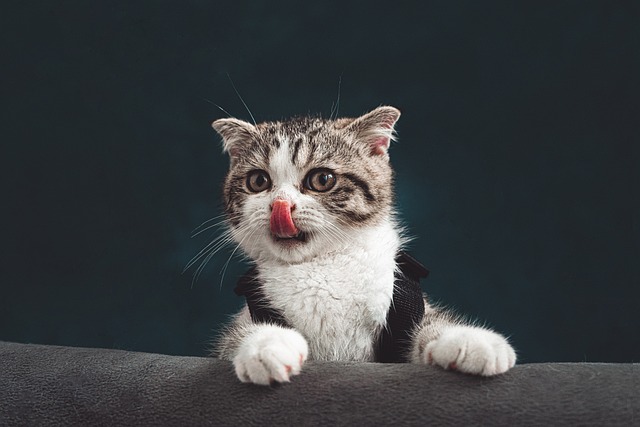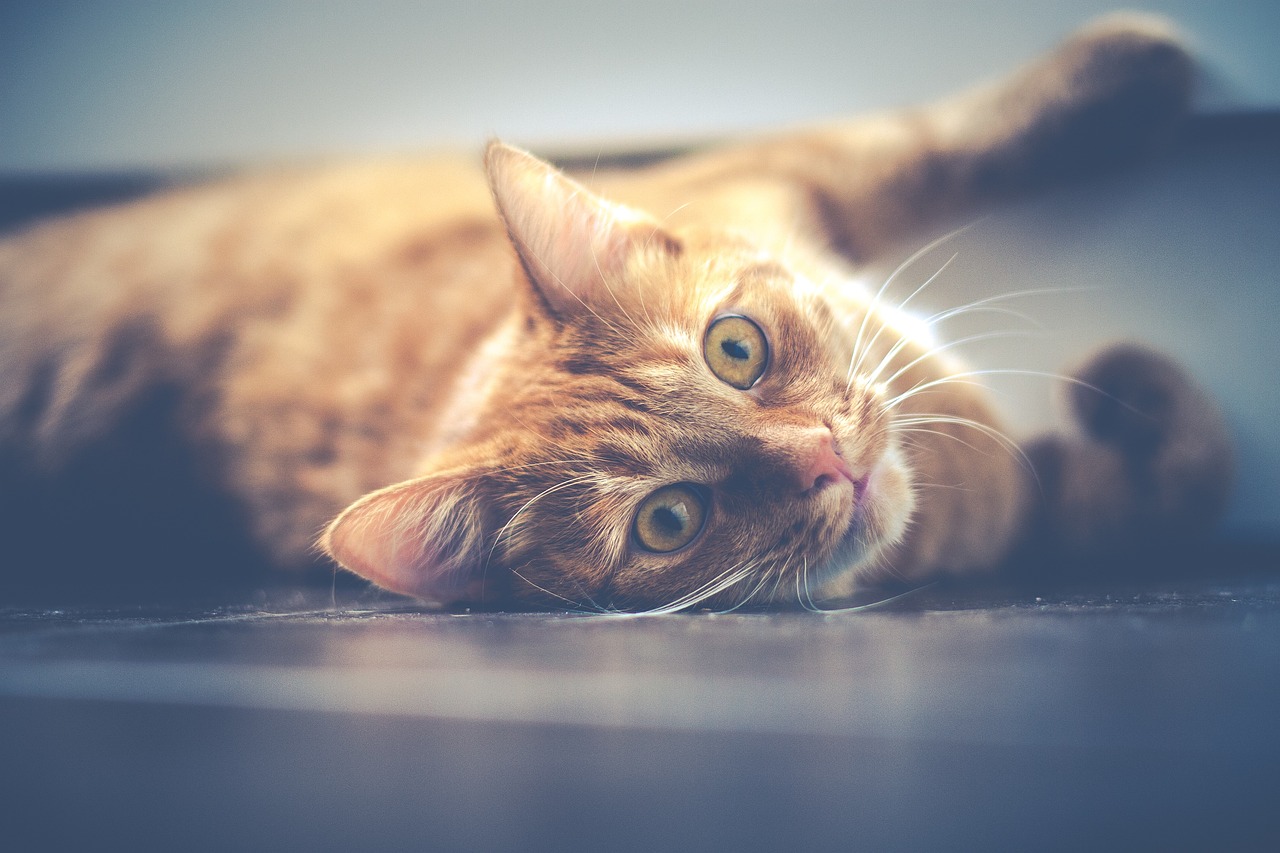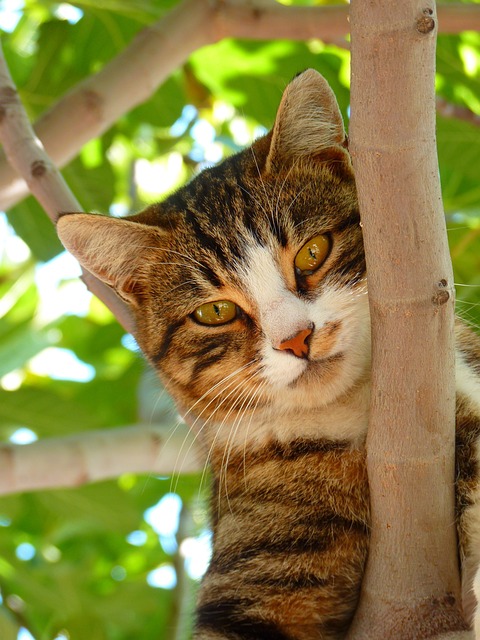As cat owners, our furry companions become cherished family members, so it’s essential to recognize the signs that your cat may be facing serious health issues or nearing the end of their life. Cats are often stoic creatures, masking signs of illness, which can make it challenging to know when they are in distress. Understanding these signs and knowing when to seek veterinary care is crucial for providing the best possible care during this sensitive time when your cat is dying.
Understanding Cat Health
Before diving into the specific signs of a dying cat, it’s important to differentiate normal cat behavior from potential symptoms of illness. Cats are known for their independence and varying activity levels, but drastic changes can indicate underlying health problems. Common health issues in aging cats include kidney disease, cancer, diabetes, and heart conditions.
Signs Your Cat Might Be Dying
Physical Signs:
- Sudden Weight Loss or Gain: Unexplained changes in your cat’s weight can signal health issues.
- Changes in Eating or Drinking Habits: Loss of appetite or increased thirst can be red flags.
- Decrease in Grooming: Cats usually take pride in grooming; a decline could mean they’re not feeling well.
- Breathing Issues: Labored breathing, panting, or wheezing are concerning symptoms.
- Oral Symptoms: Foul breath, mouth ulcers, or drooling can indicate dental problems or systemic issues.
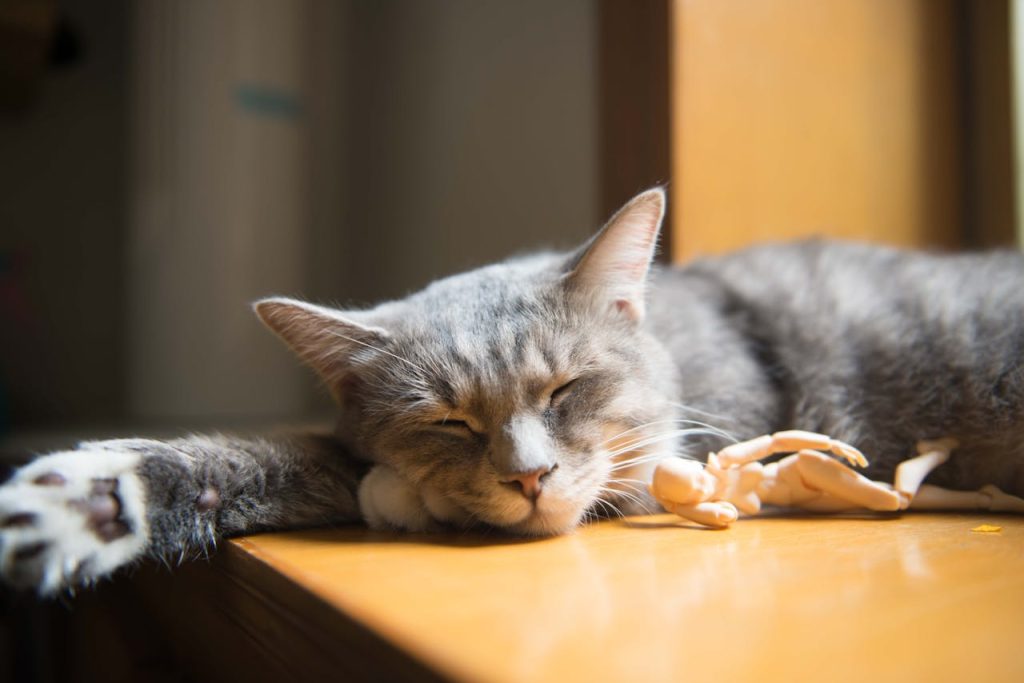
Behavioral Signs:
One clear indicator that your cat could be nearing the end of its life is a sudden shift in behavior or temperament.
- Becoming more affectionate: As cats near the end of their days, they may often display increased affection, seeking more attention than usual.
- Lethargy or Decreased Activity: A noticeable decrease in energy levels or reluctance to move. Cats may show less interest in playtime and tend to sleep more.
- Hiding or Seeking Unusual Places: Cats may hide when they feel unwell or seek solitude.
- Changes in Vocalization: Unusual meowing or silence can be signs of distress.
- Mood Changes: Sudden aggression, irritability, or disorientation may indicate pain or discomfort.
- Loss of Bladder/Bowel Control: Incontinence can signal serious health problems.
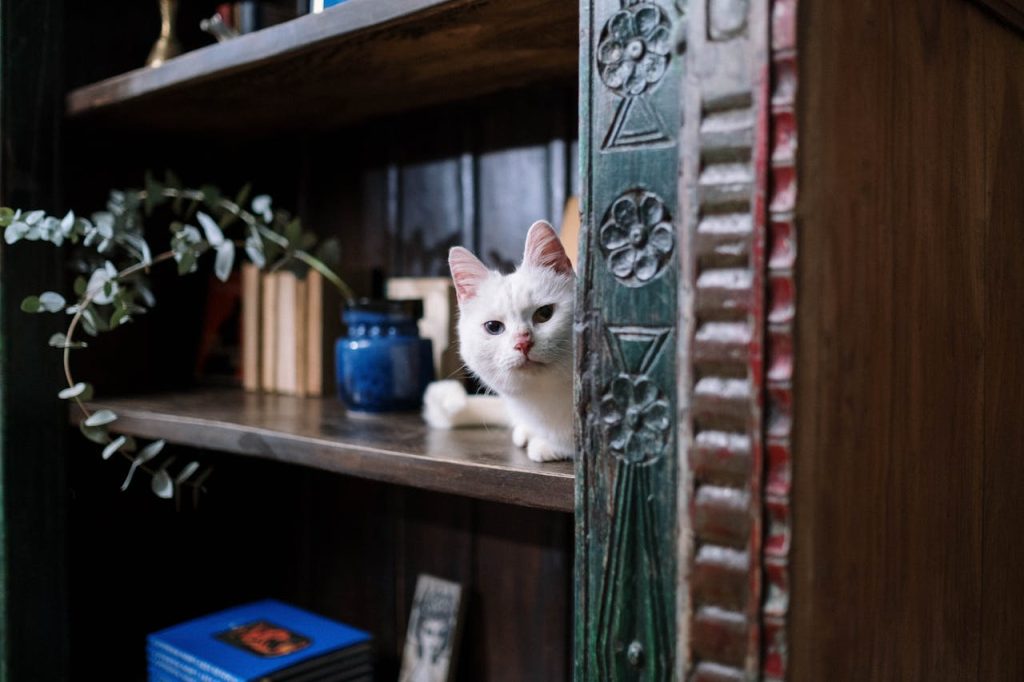
Observing and Monitoring Your Cat
Regular veterinary check-ups are crucial for monitoring your cat’s health, especially as they age. Keep a journal of any symptoms or changes you notice, including appetite, behavior, and litter box habits. At-home assessments like checking body condition, hydration, and respiratory rate can provide valuable information to share with your vet.
When to Seek Veterinary Care
Certain symptoms demand immediate attention, such as difficulty breathing, seizures, or severe injury. For other signs like prolonged lethargy, refusal to eat, or significant weight loss, consult your veterinarian promptly. They can assess the severity of symptoms and recommend appropriate diagnostics or treatments.
Supporting Your Cat Through Illness
Provide a comfortable and stress-free environment for your cat. Offer soft bedding, easy access to food and water, and minimize loud noises. Adjust their diet as needed and administer medications as prescribed by your vet. Pain management options like medication or supplements can improve their quality of life.
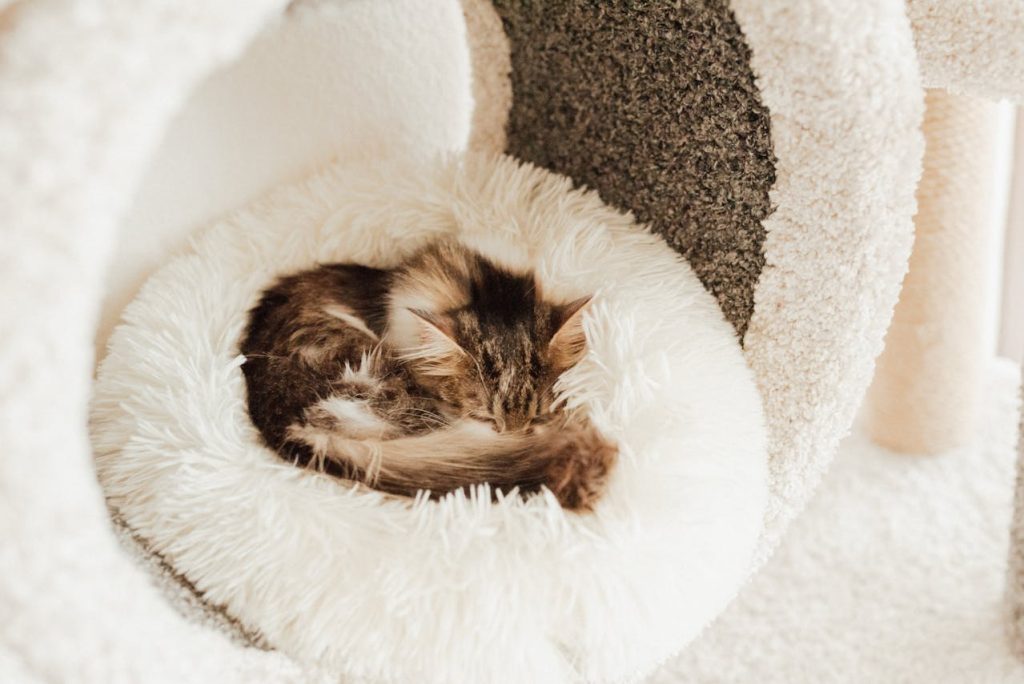
Coping with Loss
Caring for a dying pet can be emotionally challenging. Seek support from friends, family, or online communities who understand what you’re going through. Remember, it’s okay to grieve and seek professional help if needed.
Recognizing the signs that your cat may be dying is a difficult but necessary part of being a responsible pet owner. By understanding these signs and taking prompt action, you can ensure your cat receives the care and comfort they deserve during this sensitive time. Always consult your veterinarian for personalized guidance and support throughout your cat’s journey.

